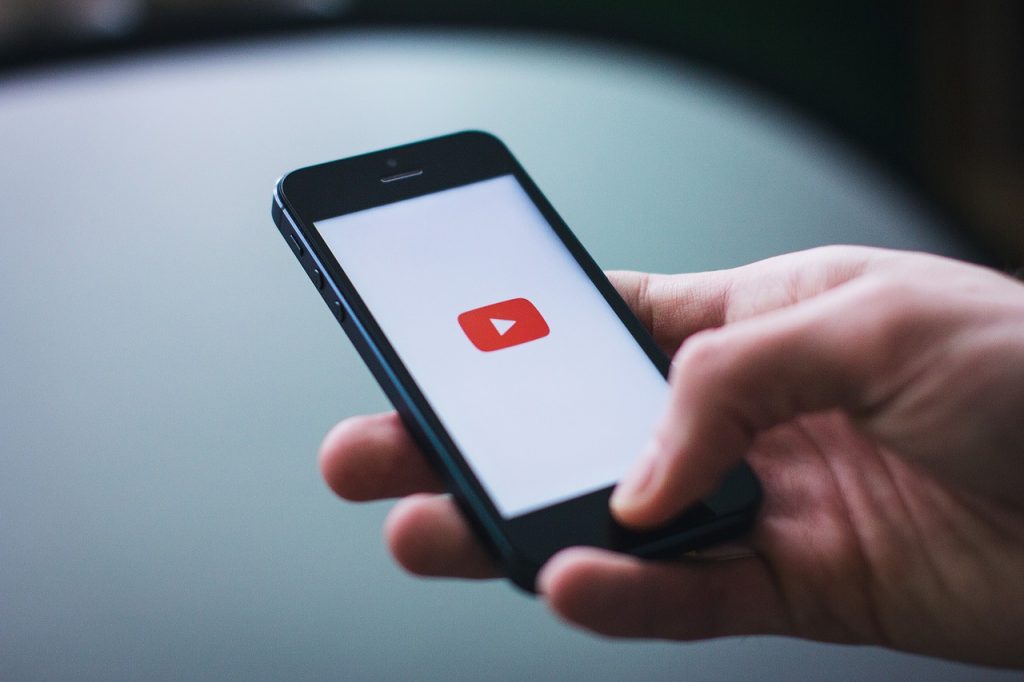The Powerful Way Internet Streamers Are Influencing The Public
Internet streamers are using their visibility and clout to influence public opinion in an exceedingly powerful way.
This article is more than 2 years old

Streamers and social media influencers are people who have built a reputation for their knowledge and expertise on a specific topic like fashion, movies, or gaming. Their posts or live videos about that topic generate large followings of enthusiastic people who pay close attention to their views. This type of engagement is priceless and can be used to create trends or encourage people to buy specific products. But these days some internet personalities have been channeling their influence in a different direction.
Twitch and YouTube streamer, Hunter Avallone is one of them. According to CNET, his entire job entails arguing with strangers online. And almost a year ago it got really interesting when someone sent him an outlandish message about the Covid-19 vaccines. “Once someone takes it, they lose their soul,” David Argenti, who grew up in Canada’s Bible Belt, told the online personality in a message he shared with his streaming audience. “Nothing has led me to believe otherwise.”
After being invited to participate in a live chat, the pair argued for more than a half-hour. The debate was as biblical as it was scientific as Avallone threw out facts and dissected the meaning of biblical passages his follower presented him with. The heated conversation ended amicably, and one week later, the Bible Belt-residing Argenti got vaccinated. Interestingly, these self-titled debate streamers are having a lot of success converting people, like Argenti. They do so by using logic, humor, and compassion to create connections with people holding extreme views.
Debate streamers like spend hours each day discussing politics and current events, often saving their followers from the brink of the misinformation vortex. They’ve become an informal part of an alliance of fact-checkers and researchers who are fighting to promote facts about the pandemic, election security, Russia’s invasion of Ukraine, and other world events. This type of content experienced a surge in viewing hours on Twitch and YouTube since the start of the pandemic, with political topics attracting a growing fanbase, CNET reports.
According to Chief Business Officer for StreamElements Jason Krebs, Twitch’s Politics category tripled in viewership year over year (from May 2021 to May 2022) with more than 1.7 million hours watched. Due to their popularity, these streamers have made successful careers from arguing and discussing politics. They earn money from advertising and subscriptions. They also earn extra cash from donations made by their viewers which can range from a few dollars to more than $100.
In recent years, misinformation has been called a threat to the health of Americans by U.S Surgeon General Vivek Murthy and Food and Drug Administration Commissioner Robert Califf. But even if a streamer’s debate can change the views of a few people, there’s more skill needed than basic rhetoric. Communications Professor at Monmouth University, Michael Phillips-Anderson doesn’t believe replaying these debates to a large audience would be broadly effective to change large numbers of minds at once.
What’s important for someone to change their mind is their willingness to be flexible with their beliefs. It is this type of non-attachment that helps debate streamers change minds on a smaller scale. The people they’re directly debating or viewers seeking out live streams for information and entertainment (like Avallone) had some flexibility in their beliefs. And after conversing with another streamer, he was convinced to change.




